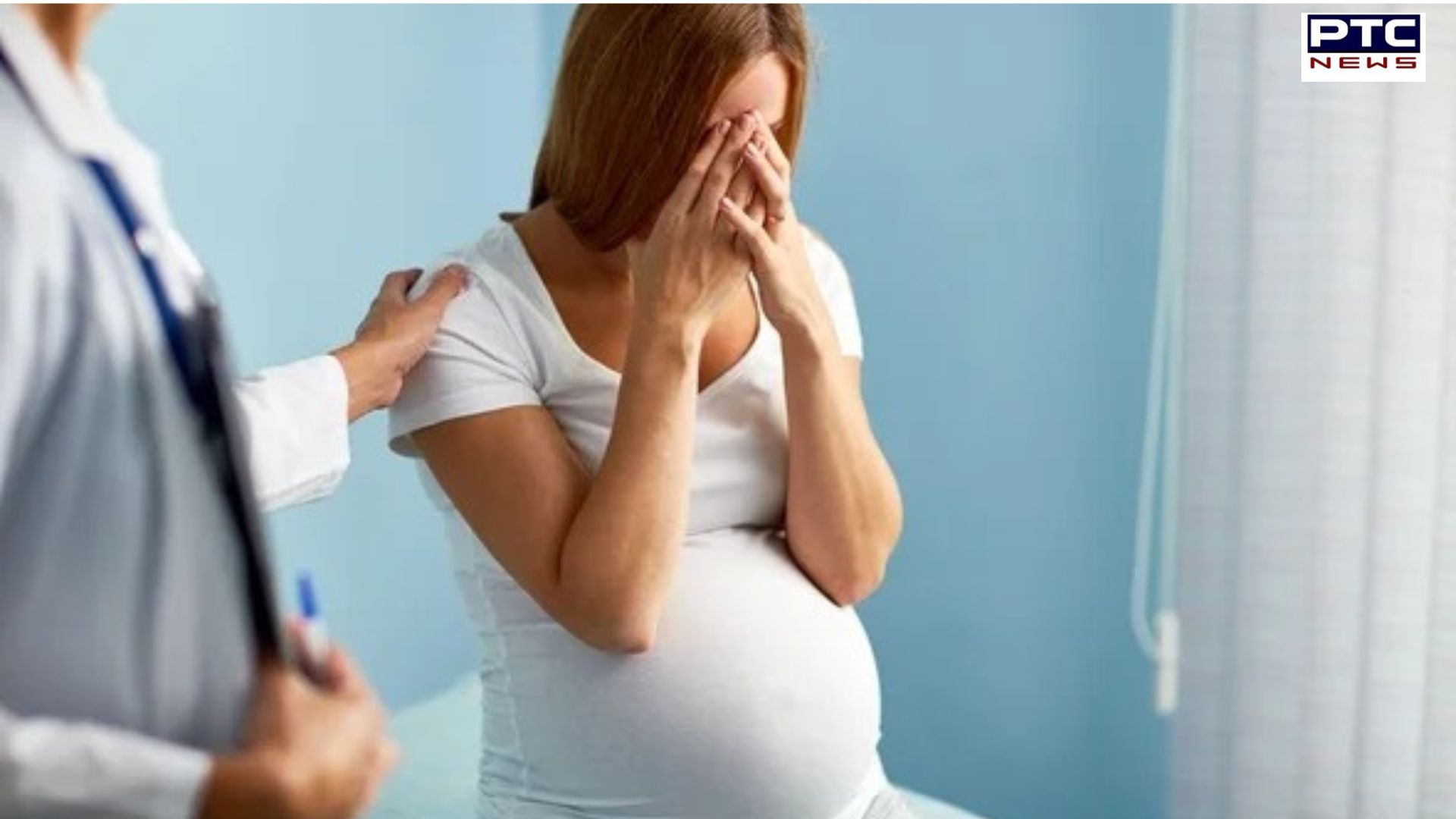

Perinatal depression linked to elevated risk of death: Study
Perinatal depression: A recent study published in The British Medical Journal highlights that women experiencing depression during or after childbirth face an increased risk of mortality from both natural and unnatural causes. The study, conducted in Sweden using data from the Swedish Medical Birth Register, reveals that the heightened risk peaks in the month following diagnosis and persists for up to 18 years.
Women diagnosed with perinatal depression, occurring during pregnancy or shortly after childbirth, are found to be twice as likely to die from natural or unnatural causes, with a six-fold increase in the likelihood of self-harm compared to women without this form of depression. Although the risk peaks within 30 days of diagnosis, it remains elevated for nearly two decades.
The large cohort study, examining data from 2001 to 2018, involved over 86,500 women diagnosed with perinatal depression and more than 865,500 matched controls of the same age who gave birth in the same years.
Qing Shen, an affiliated researcher at the Institute of Environmental Medicine, Karolinska Institutet, and a principal author of the study, acknowledged that while the study is a cohort study and cannot establish causality, it is the largest and most comprehensive in its field. Shen emphasised the study's crucial findings, indicating an elevated mortality risk for women experiencing perinatal depression.
The study revealed that the risk is highest for women diagnosed with postpartum depression, aligning with previous smaller studies. While antepartum depression (depression during pregnancy) has received less attention, the researchers found an elevated mortality risk, albeit not as high.
/ptc-news/media/media_files/swS9HyqSuJ4BYDn29nGn.jpg)
Comparing mortality risk between women with perinatal depression and pre-existing psychiatric issues and those without such problems, the researchers found no significant difference.
Dr Shen recommended against discontinuing effective psychiatric treatment during pregnancy. The study noted that women diagnosed with perinatal depression tended to have Nordic origins, shorter education histories, and lower incomes than those without such diagnoses.
Donghao Lu, assistant professor at the Institute of Environmental Medicine, Karolinska Institutet, and the study's last author, suggested that women with perinatal depression might seek help differently or receive postpartum screening to a lesser extent, potentially exacerbating the severity of their depression once detected. Lu emphasised the vulnerability of these women and advocated for focusing on them in future interventions.
Rather than introducing new measures, Dr Lu argued for optimising existing tools in Sweden, such as postpartum questionnaires, to screen for symptoms of postpartum depression. Stressing the importance of offering screening to all pregnant women, both postpartum and antepartum, and providing necessary evidence-based care and support, Dr. Lu highlighted the need to address the critical issue at hand.
Also Read | Room heater tragedy: Elderly couple dies as temperature hits 537°C
Also Read | Lok Sabha seat-sharing: Complexities ahead | Explained
Also Read | Jharkhand woman to break 30-year silence after opening of Ram temple
Also Read | Union Budget 2024: Public expect key reforms as General Election looms
-
